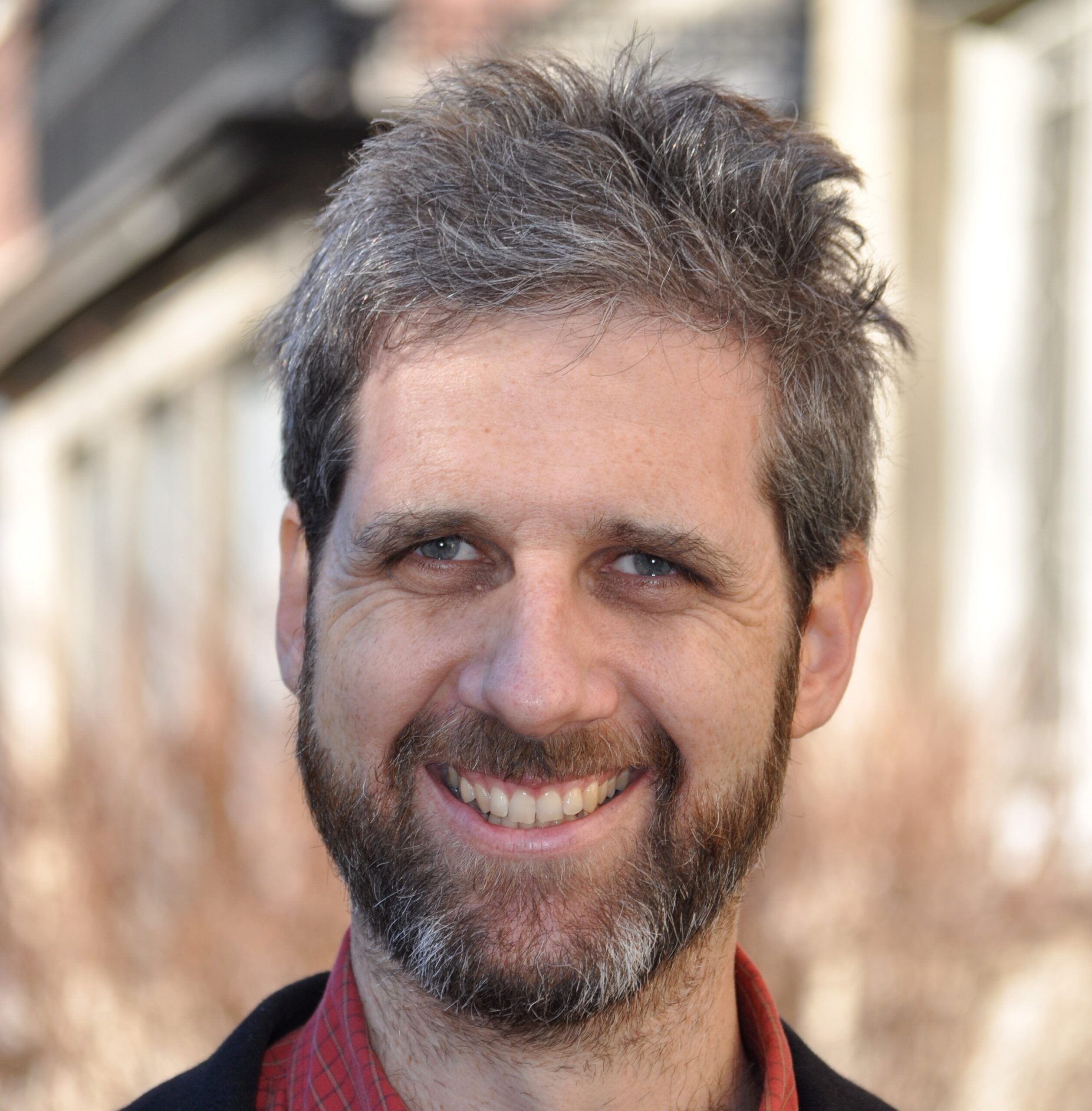We are all now living in a world of environmental degradation and climate change, with many people fearing that the next generation will be the last to make a positive difference on the environment. Led by many youth climate activists and pioneers of their generation such as Greta Thunberg, a good number of young people have taken up the responsibility of advocating for climate change. Action however, is still lacking.
In conjunction with World Environment Day, the LRF Institute for the Public Understanding of Risk (IPUR) is organised a “Youth in Action: Taking on Climate Change” virtual workshop on 4 June, 2021, to empower and mobilise young people to take impactful action. Through this workshop held from 10am-1130am, young people found out what it means to be a climate action champion, what existing efforts are already in this green space, and how they could use their skills and knowledge to get involved.
The highlight of the workshop was a panel discussion featuring:
1. Lathika Chandra Mouli, UNLEASH Ambassador
Lathika is an organising team member of the UNLEASH Hacks Singapore, Indonesia, Malaysia (SIM), and a Sustainability Solutions Analyst at ENGIE Impact. Dedicated to youth engagement for the SDGs, Lathika and her colleagues at UNLEASH Hacks SIM aim to provide youth in the region with a platform to develop solutions for climate action. Co-hosted with NVPC, this year’s Hack focuses on the SG Green Plan and will bring together individuals, non-profits, and industry experts in the region’s environmental space to enable innovation for Singapore’s vision of sustainability.
2. Melissa Low, Research Fellow at the Energy Studies Institute, NUS
Melissa has participated in the United Nations Framework Convention on Climate Change (UNFCCC) Conference of Parties (COP) for over a decade and is an active sustainability thought leader, authoring, publishing and presenting at various forums. She is the Designated Contact Point for NUS’s accreditation to the UNFCCC and serves on the nine-member Steering Committee of the Research and Independent Non-Governmental Organisation (RINGO) Constituency under the UNFCCC. Melissa provides policy analyses and conducts workshops for various stakeholders to improve understanding of the implications of the Paris Agreement and countries’ progress in meeting their climate pledges.
3. Prof Benjamin Cashore, Professor in Public Management, Lee Kuan Yew School of Public Policy
Prof Cashore specialises in global and multi-level environmental governance, comparative public policy and administration, and transnational business regulation/corporate social responsibility. His substantive research interests include climate policy, biodiversity conservation/land use change, and sustainable environmental management of forests and related agricultural sectors.
Prof Cashore’s theoretical interests include the legitimacy and authority requirements of non-state market driven (NSMD) global governance, the influence of economic globalisation on domestic environmental policies, and the potential of anticipatory policy design for identifying path dependent policy mixes capable of ameliorating “super wicked” environmental problems. He integrates his theoretical and empirical research around two key themes: 1) developing and managing problem oriented multi-stakeholder policy learning processes; 2) policy design strategies for triggering policy pathways.
4. Ajay Nair. Law & Liberal Arts Undergraduate at NUS Law & Yale-NUS
Ajay volunteers with SG Climate Rally (SGCR), who organised Singapore’s first climate rally in 2019. SGCR aims to bring about a just and necessary transition to a net-zero Singapore in 2050 by mobilising broad support from the public, policymakers, and businesses. This transition must be premised on equity, collaboration, and care. It entails the transformation of our economic and socio-political systems, our relationship with nature, and with each other.
The speakers shared their journey, motivations, views and actions that led them to mobilise on climate action; and the critical importance of driving the climate movement before time runs out. Participants heard insights on what gets young people talking and responding to climate action as well as what societal narratives are restricting them from making a difference. The speakers also talked about how government, policymakers and businesses can work more closely and effectively with youth environment activists.
During the workshop, IPUR also showcased the winning proposals of Optigram 2021, as well as launched its Climate Action Fund, seeking support from the public to devise effective risk communications strategies to help people understand climate change risks better and take concrete actions to mitigate it and protect the people and things they value.


